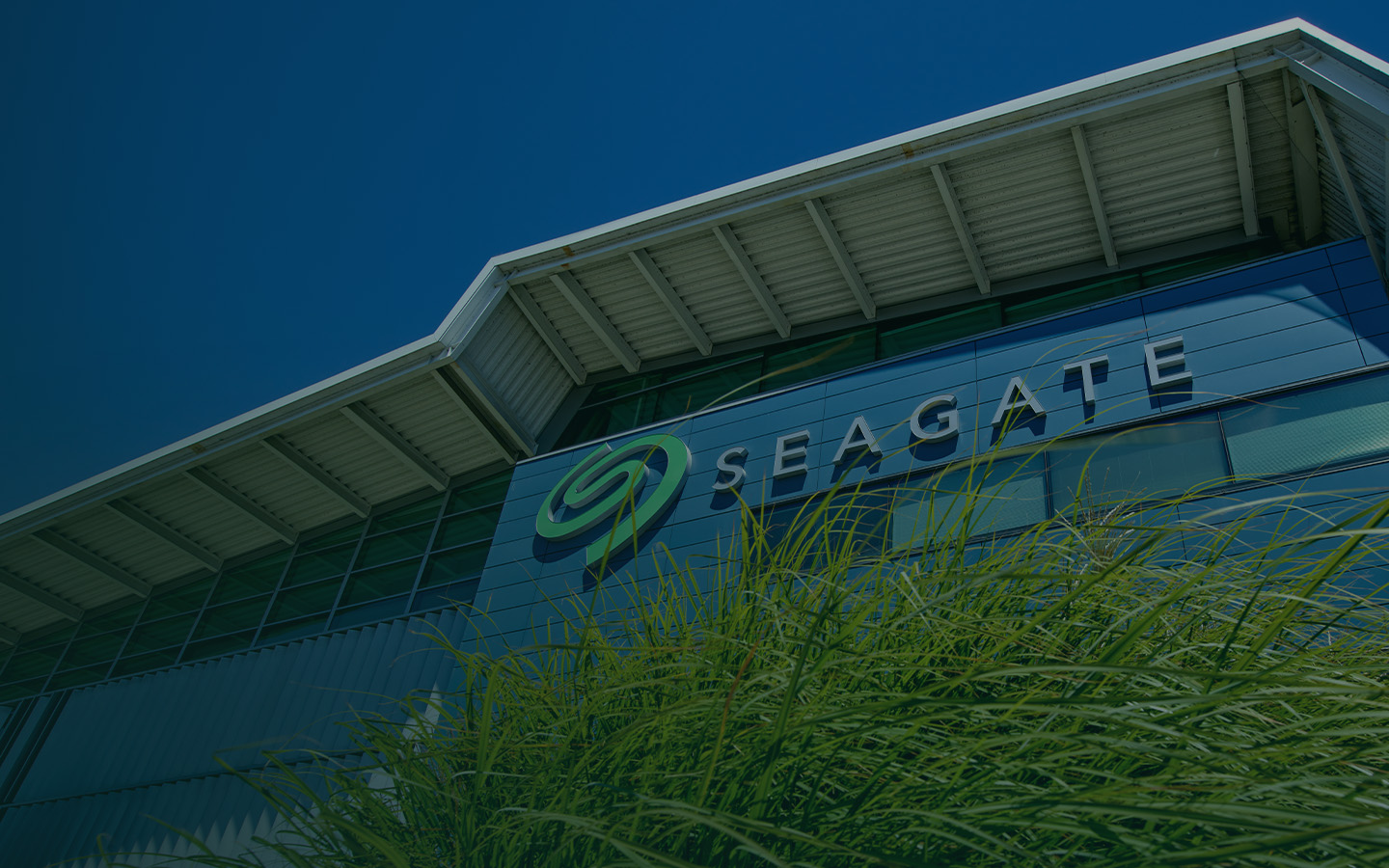I want to buy some hard drives. I need at least two (the first for main use, the second as a backup for the first). Ideally, I'd like to pay $150 or less for each of them. I'm mainly looking at internal drives, but if there are some external ones that are as good, I'm open to suggestions. I'd like them to store as much as possible (at least 4TB, but the more the merrier).
I also want them to be reasonably fast (I want to play and edit 1080p video on them, and move large files back and forth). I want them to be reliable (ie, have a good chance of lasting for years).
At first, I was considering some 4TB Seagate Barracudas due to their low price (I have two 2TB Barracudas, which have been working beautifully for about 4 years). However, the reviews that I've read make them sound inferior to the 2TB ones. Apparently, the 4TB ones run at 5400 RPM (as opposed to 7200 RPM for the 2TB ones), which makes them slower.
Does anyone have any suggestions?
I also want them to be reasonably fast (I want to play and edit 1080p video on them, and move large files back and forth). I want them to be reliable (ie, have a good chance of lasting for years).
At first, I was considering some 4TB Seagate Barracudas due to their low price (I have two 2TB Barracudas, which have been working beautifully for about 4 years). However, the reviews that I've read make them sound inferior to the 2TB ones. Apparently, the 4TB ones run at 5400 RPM (as opposed to 7200 RPM for the 2TB ones), which makes them slower.
Does anyone have any suggestions?



